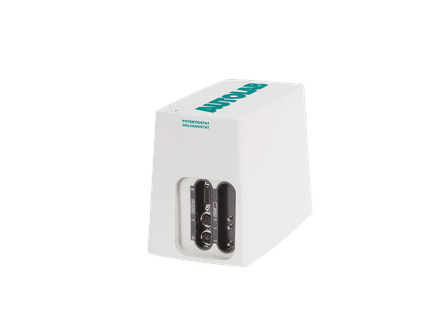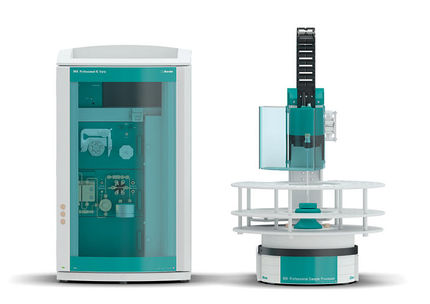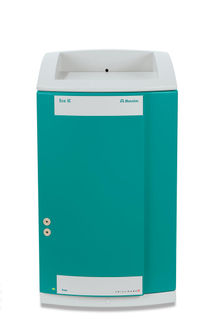To use all functions of this page, please activate cookies in your browser.
my.chemeurope.com
With an accout for my.chemeurope.com you can always see everything at a glance – and you can configure your own website and individual newsletter.
- My watch list
- My saved searches
- My saved topics
- My newsletter
Corrugated plasticCorrugated plastic, also known under the tradenames of Coroplast, Correx, Corriflute or Twinplast, refers to a wide range of extruded twinwall plastic sheet products produced from high impact polypropylene resin with a similar make up to corrugated fiberboard. It is a light weight tough material which can easily be cut with a craft knife. Product highlightChemically, the sheet is inert, with a neutral pH factor. At regular temperatures most oils, solvents and water have no effect, allowing it to perform under adverse weather conditions or as a product component exposed to harsh chemicals. Standard sheets can be modified with additives, which are melt-blended into the sheet to meet specific needs of the end user. Special products that require additives include: ultra violet protection, anti-stat, flame retardant, custom colors, corrosive inhibitors, static-dissipative, among others. This material is commonly used to create commercial signs and for constructing plastic containers and packaging. It is widely used in the packaging of automotive and electronic parts as well as agricultural produce. It has recently found a use among guinea pig, rabbit, domesticated hedgehog and other small pet enthusiasts as a component of a type of DIY cage. Additionally, it is used by members of the r/c aircraft community to build nearly indestructible [1] SPAD (simple plastic airplane design) model aircraft. In Australia, political placards are almost exclusively produced from corrugated plastic[citation needed]. Corrugated sheet is recyclable and is therefore considered by many to be environmentally friendly. References
European corrugated plastic manufacturer See also |
| This article is licensed under the GNU Free Documentation License. It uses material from the Wikipedia article "Corrugated_plastic". A list of authors is available in Wikipedia. |







